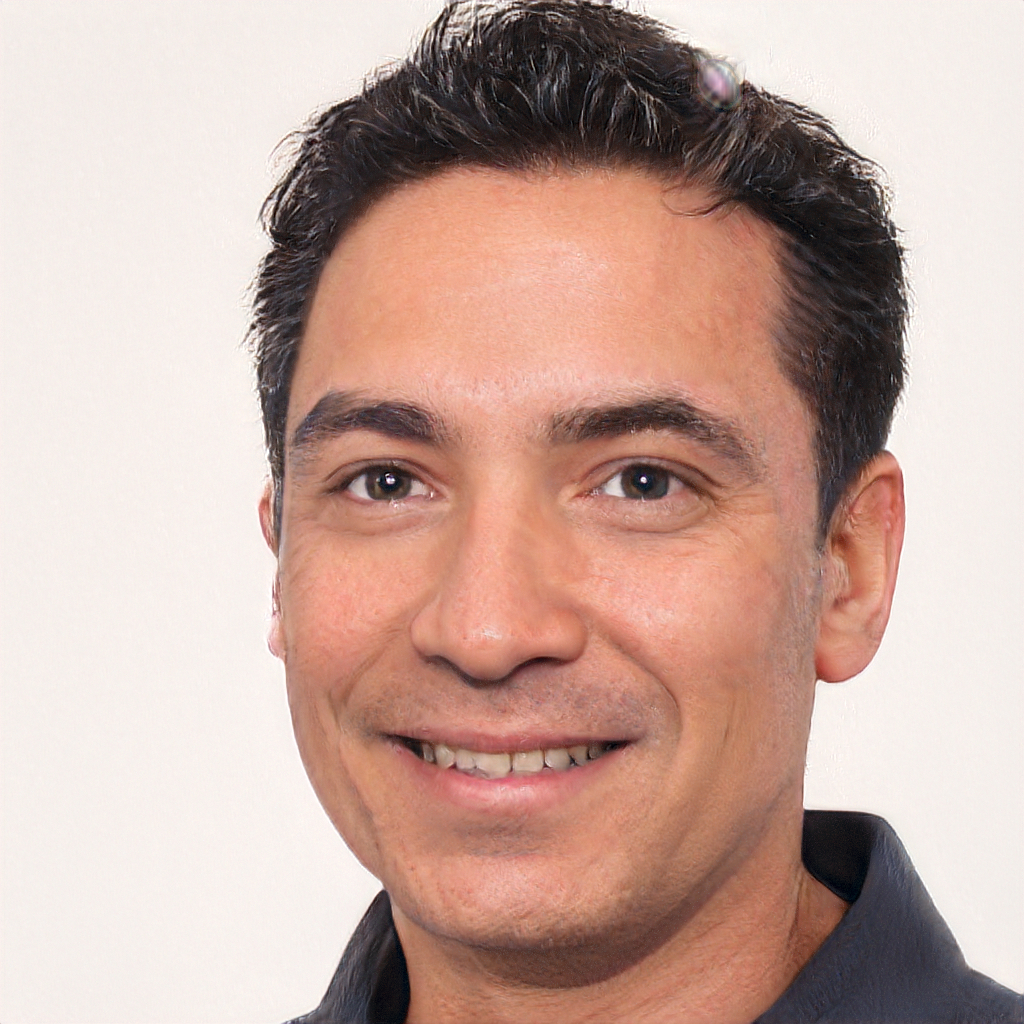Numerous martial arts are enjoying increasing popularity in Europe. The mixed martial arts in particular are currently experiencing an enormous influx of interested athletes and spectators. However, MMA is still not a concept for many people in Europe. Resourceful business people, on the other hand, have already discovered sport for themselves and are investing a lot in its professionalisation and distribution.
What is Mixed Martial Arts?
Mixed Martial Arts stands for the combination of many different fighting styles in a full contact sport under a comparatively small restriction by rules. Among other things, these are hitting, kicking, throwing, clinching, even head bumps and ground fighting, part of a MMA fight. Compared to other full-contact sports, it is also possible to hit and kick during ground combat.
For the layman this may sound like an unregulated and less demanding sport, but MMA fighters train techniques of various martial arts and analyze their opponent before a fight no less accurately than boxers. To the repertoire of the fighters belong techniques from fighting styles like Judo, Karate, Jiu-Jitsu and many others. The fighters wear gloves, but they are much smaller than those of boxing. Since handles are also used with the MMA, the fingers are protected by the gloves, but they stick out.
The rules concerning the execution of a MMA fight are actually relatively similar to other martial arts. There are three rounds, each lasting five minutes. Between the three rounds there is a small break of one minute. Title and championship fights can run two rounds longer than normal fights. The goal is to force the opponent to give up, to knock him out, or to put him in such a bad position that the referee is forced to stop the fight. A victory by points and a draw are theoretically also possible. Since 2009, there have been 31 recognised fouls, which contradicts the widespread misconception of a lack of rules in the MMA.
MMA moves to Europe
The sport, which is comparatively young in Europe, has its watch jump in the Japanese search for the best martial art. At the end of the 20th century, after numerous comparative fights, mostly between wrestlers and boxers, the “Shooto” developed in Japan. The most successful series of events to date, the Ultimate Fighting Championship (UFC), was created in 1993 in the USA against the backdrop of this sport.
A few years later, the first MMA event took place in the Netherlands and a little later in Germany. Overall, however, full contact sports did not develop into a cult sport as in America, but rather into a niche sport that received little attention. This seems to have changed in recent years. Reports of the UFC fights now make it to the news much more frequently and private sports channels also offer separate online tickets to watch the big fights.
News: Conor McGregor as the figurehead of Sport
Well-known European MMA fighters like the Irish fighter Connor McGregor are dazzling personalities in the American UFC and thus transport a lot of fascination for the sport to Europe. In the meantime, entire stadiums are being filled, especially in Eastern European countries. Global brand companies and investors also pay a lot of money into this sport and its stars. Many of these funds are already flowing to Europe and to the numerous athletes. However, since the MMA-typical cage systems are missing for training, there have only been a few studios in which they can simulate fights on a professional level.
“Compared to other sports, the fighters are able to advance relatively quickly,” explains sports manager Christian Jäger. For this reason, MMA has become very fast, very attractive for talented European martial artists. An imminent abatement of the MMA trend is therefore not in sight, the enthusiasm and reach seems to be tending to increase further. The growing range of MMA training on a hobby basis and the increasing reporting in the news do their part.

Born 1981 in Strasbourg, is a freelance journalist for various online media throughout Europe, focusing on finance, real estate and politics. He gathered his professional expertise as a consultant for global players and medium-sized companies. Fournier studied economics and german in Paris and Dresden. He currently lives in Saarland and has been a member of the Euro Leaders team since the beginning of 2019.